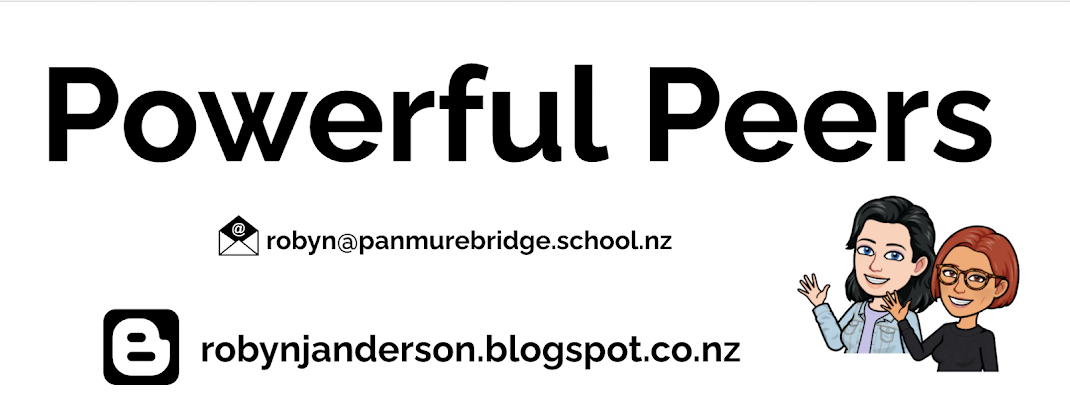Explain the reflections and tweaks you have made along the way and the reasons why you made these changes. Share your evidence for these decisions...
Previous posts that link to this question and describe the some of the tweaks in my practice can be found here:
Often when I ask my students a question about their learning or my teaching they will try their best to give me the answer they think I want to hear. This often involves wanting to do well or learning something so they can go to university, especially when asked about the purpose of the lesson. This is despite me having unpacked and continuing to unpack learning intentions on a regular basis. To see if their responses would differ if asked by someone else I asked Donna Ryan to ask my inquiry group the same questions I ask at the end of each term. Donna is well known to my class so my learners were confident and happy when talking to her about their learning. Student G4 was away overseas for the last three weeks of Term 3 so has been excluded from this snapshot to keep the data clean.
What the data linked to my inquiry shows:
- 7/7 students enjoyed being in LS2 this term.
- 1/7 identified Maths as being their favourite learning area at both time points
- 3/7 identified Maths as being their favourite learning area when talking to Donna
- 1/7 responses to what they liked about Reading aligned at both time points. What I noticed here was that the responses aligned with the learning focus at the time.
- 1/7 responses to what they needed help with in Reading aligned at both time points. What I noticed here was that the responses were detailed and specific so as a result I have been able to adapt my current term planning to address these needs.
- 2/7 responses to what they liked about Maths aligned at both time points. What I noticed here was that the responses aligned with the learning focus at the time. I can also see from this data that the Spring Into Maths programme is popular. This is good to know as student buy-in is vital to the success of the intervention.
- 2/7 responses to what they needed help with in Maths aligned at both time points. What I noticed here was that the responses reflected the common thread of times tables, larger numbers, strategies and fractions. What is needed now is more opportunities to practise the learning in a variety of contexts. Recalling quick responses is addressed through maths games.
- 5/7 responses reflect they feel they have improved in Maths and/or Reading at both time points. A possible reason for this is that we have celebrated successes throughout the year so my learners know when and how they have achieved the learning intentions.
What does this tell me?
The responses show that the student perceived successes and gaps in learning are quite specific (although at times link to the current area of focus at the time the questions were asked). That tells me that connections have been made, and learning intentions and lesson purposes have been unpacked successfully. I will be adapting my planning to meet the 'gaps' as that will show my learners that I value their opinions. I can see what learning they like as well. This is a bonus as I now have a toolkit of learning that resonates with these students. I will feed the gaps into the Spring into Maths and Phonics sessions so that they will have the opportunity to experience the learning in guided teaching time with me and during intervention time with Linda.
Important to note:
Our end of term evaluation is given to the whole class and is much more detailed than the responses I have analysed below. I use the student voice to inform my planning and welcome the opportunities to make adaptations that will help meet the specific learning needs of my students across all curriculum areas. A section I always include in our end of term evaluations but have not shared as I need to respect privacy, is the sentence starter... 'I want Mrs Anderson to know...' This is very powerful as it allows me an insight to changes in friendship circles and home environments etc. Often something our older students tend to keep close to their chests but can definitely help to explain changes in work habits, connections to learning and behaviour. Mind you it is not all doom and gloom. My students also use this section to share successes and milestones, or thank me for specific help I have given them during the term.


No comments:
Post a Comment